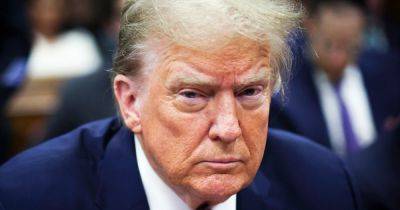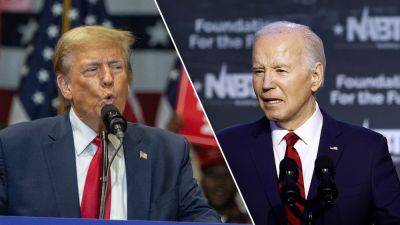Pete McCloskey's life reminds us how politics long in the past live on in the present
Paul Norton "Pete" McCloskey Jr. was the kind of politician voters always say they dream of voting for, until they get the chance to vote for one.
Often called a man of principle because he risked his career bucking his party, his example stands out today because so few have followed it. The willingness to be a political Don Quixote, while never common in Congress, now seems vanishingly rare.
Once upon a time, however, there was Pete McCloskey, a Republican who displeased his party by challenging the renomination of its sitting president in 1972 — and then becoming the first Republican to call for that president's impeachment.
McCloskey died earlier this month at the age of 96 in a small town in rural Northern California. He had long been out of the limelight, but at the moment of his passing, the issues he had been willing to champion are as salient as ever.
McCloskey rose to national note as an outspoken opponent of the Vietnam War in the late 1960s, at a time when you could count on one hand the other House Republicans who had done so. Yet McCloskey stood in front of the Capitol to address throngs of angry young anti-war marchers in October of 1969.
The following year he was a co-founder of Earth Day and a co-sponsor of the Endangered Species Act as well as an early advocate for environmental laws and regulations that would later become the Clean Air Act and the Clean Water Act.
And as far back as the 1960s and 1970s he had been willing to criticize Israel and speak out for the Palestinian cause – even befriending Yasser Arafat, the leader of the Palestine Liberation Organization who died in 2004. With his friend Rep. Paul Findley of Illinois he founded a think tank in the 1980s to reconsider U.S. policy toward







